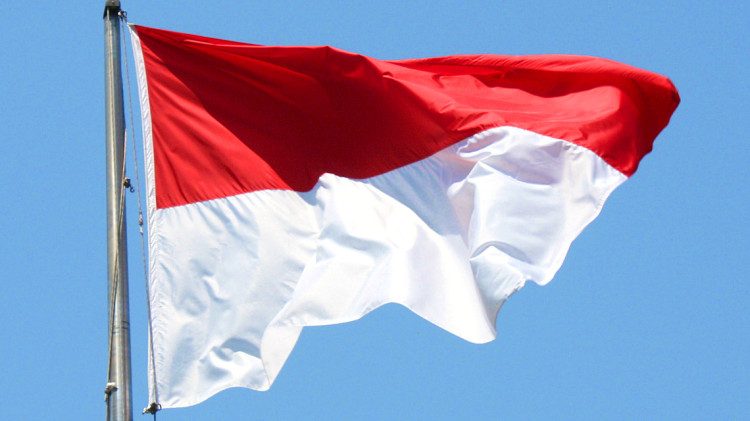Jakarta, 14 August 2015 – An International Atomic Energy Agency (IAEA) team of experts today concluded a 12-day mission to review Indonesia’s regulatory framework for nuclear and radiation safety.
The Integrated Regulatory Review Service (IRRS) team concluded that Indonesia, through its Nuclear Energy Regulatory Agency (BAPETEN), is implementing a framework that provides for the protection of public health and safety and identified a number of good practices. The team also made recommendations and suggestions to help strengthen the regulator’s effectiveness in line with IAEA Safety Standards.
The mission team held interviews with staff, discussed the regulatory infrastructure with Government officials and representatives from other relevant organizations, and visited sites to observe regulatory staff conducting inspections. It also looked at the country’s preparations for the potential development of a nuclear power programme from a regulatory point of view.
“The invitation to host the review demonstrates Indonesia’s commitment to improving national radiation and nuclear safety, and to learning from international experiences, particularly as it considers the option of nuclear power,” said Pil-Soo Hahn, Director of the IAEA’s Division of Radiation, Transport and Waste Safety.
The 14-member review team included senior experts from Australia, the Czech Republic, Egypt, Finland, India, Morocco, Sweden, Pakistan, Thailand, Turkey, Ukraine, the United Arab Emirates, the United States of America and Qatar, as well as IAEA staff.
“The staff of BAPETEN demonstrated great openness and transparency,” said team leader Carl-Magnus Larsson, Chief Executive Officer of the Australian Radiation Protection and Nuclear Safety Agency. “This positive approach and the results from the mission will help the Government prioritize work that can help Indonesia achieve its goals related to nuclear and radiation safety.”
The mission team noted that BAPETEN is working to develop human resources and to enhance the capability of its staff to meet the challenges related to prospective nuclear power plants.
The good practices include:
- The Government and BAPETEN make extensive use of bilateral and multilateral international cooperation for training and competence-building.
- BAPETEN has set up comprehensive databases to manage authorizations, assessments, inspections, transport approvals and occupational dose registers.
The recommendations and suggestions include:
- The Government should develop a national policy and strategy for safety, supported by a co-ordinated national action plan.
- The Government and BAPETEN should ensure that national legislation for safety, including relevant regulations and guides, are kept up to date with current IAEA Safety Standards.
- BAPETEN should be provided with sufficient human and financial resources to ensure it can adequately fulfill its regulatory obligations.
- The Government should ensure appropriate coordination between BAPETEN and other authorities with regulatory responsibilities.
- The Government and BAPETEN should prepare for and establish the necessary infrastructure for a potential future nuclear power programme in a timely manner.
“The IRRS mission was very valuable and the recommendations provided will help BAPETEN in strengthening its role as a national regulatory body as Indonesia looks to nuclear power for the future,” said BAPETEN Chairman Jazi Eko Istiyanto.
The final mission report will be provided to the Government in about three months.
Quick Facts
Indonesia’s National Atomic Energy Agency (BATAN) operates three research reactors and a number of nuclear fuel cycle facilities, as well as facilities that use radioactive sources in medicine and industry. Although the Government has not yet taken a decision to launch a nuclear power programme, Indonesia has conducted feasibility studies and infrastructure reviews for a potential nuclear power programme.
About IRRS Missions
IRRS missions are designed to strengthen and enhance the effectiveness of the national nuclear and radiation safety regulatory infrastructure, while recognizing the ultimate responsibility of each State to ensure safety in this area. This is done through consideration of regulatory, technical and policy issues, with comparisons against IAEA safety standards, and, where appropriate, good practices elsewhere.
More information about IRRS missions is available on the IAEA Website.


